Top human rights council: Iranians want removal of illegal sanctions, punishment of their masterminds
Making a reference to the impact of US sanctions on Iran’s ability to contain the spread of the coronavirus, the Iranian Judiciary's High Council for Human Rights says Iranians want the removal of the illegal sanctions as well as the punishment of the masterminds behind them.
“Some 82,000 Iranians fell victim to coronavirus and now, 16 months after the spread of this sinister virus and the production of Iranian vaccines, the US issues exemptions for coronavirus-related transactions!” the council wrote in a tweet on Sunday.
It pointed out that the sanctions against Iran are illegal according to international law even during wartime, adding, “The removal of the illegal sanctions and the punishment of their agents is the demand of the Iranian nation.”
82000 ایرانی قربانی کرونا شدند و اکنون آمریکا 16 ماه پس از شیوع این ویروس منحوس و ساخت واکسن ایرانی برای مبادلات کرونایی معافیت صادر میکند!
— IranHumanRights (@humanrights_ir) June 20, 2021
مبادلاتی که تحریم آنها حتی در دوران جنگ خلاف قوانین بینالملل است. برداشتن تحریمهای غیرقانونی و مجازات عاملان آن خواست ملت ایران است. pic.twitter.com/HMSOIkxOSi
The council's remarks came after US Treasury on Thursday claimed to have authorized “all transactions and activities related to the exportation, reexportation, sale, or supply, directly or indirectly, of goods or technology for use in connection with the prevention, diagnosis, or treatment of COVID-19” to the Iranian government.
The US Treasury further permitted certain transactions that have until now been prohibited by sanctions regarding Iran’s Central Bank and the National Iranian Oil Company related to the fight against the coronavirus.
“OFAC encourages those interested in providing COVID-19-related relief to Iran, Syria, and Venezuela to avail themselves of the available exemptions, exceptions, and authorizations pertaining to humanitarian assistance,” it said in a statement.
The previous US administration of Donald Trump imposed harsh unilateral sanctions on Iran after he withdrew the US from the multilateral Iran nuclear deal in May 2018, saying he was punishing Iran under a “maximum pressure” campaign.
While the unilateral coercive measures severely hampered Iran’s fight against the deadly coronavirus pandemic, Trump refused to soften the bans against Iran and some other countries to ease pandemic-related hardship.
Iranian officials have described the sanctions as “economic terrorism” and “medical terrorism” for their deadly impact on ordinary people.
“Economic terrorism amid a PANDEMIC is a crime against humanity,” Iranian Deputy Foreign Minister Abbas Araghchi wrote in a tweet on June 12.
As early as March 2020, when Iran was fighting its first COVID-19 wave, Foreign Minister Mohammad Javad Zarif urged the international community to play its real role to stop the United States’ medical terrorism against Iran.
“The global community must come to its senses and help Iran in order to stop the economic, medical and drug terrorism [by the US],” Zarif wrote in an op-ed published by Russian business newspaper Kommersant on March 30, 2020.
So far, 82,965 people have lost their lives in Iran due to the coronavirus, with 111 deaths registered in the last 24 hours.
VIDEO | Former FBI agent criticizes US Congress for 'outright corruption'
IRGC chief urges Muslim countries to cut aid routes to Israel
'New chapter in cooperation': Iran, Venezuela sign new MoUs
Jordan sentences former lawmaker for supporting Palestinian resistance
Basij volunteer forces hold massive drills in southwestern Iran
Israeli war criminals 'not welcome', US city says after ICC ruling
US vetoing of Gaza ceasefire resolution ‘disgraceful’: Iran’s UN envoy
VIDEO | IAEA adopts anti-Iran resolution tabled by E3


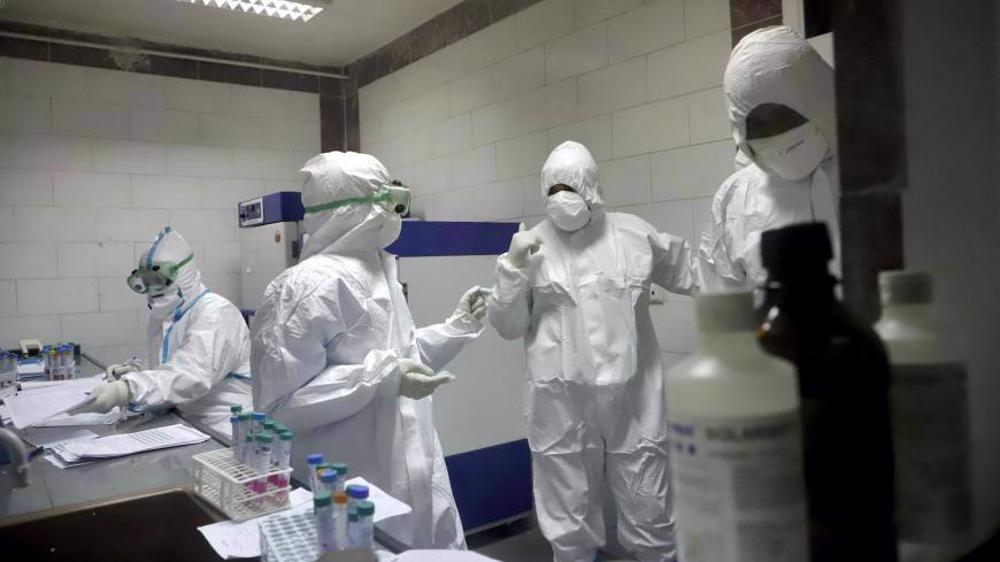

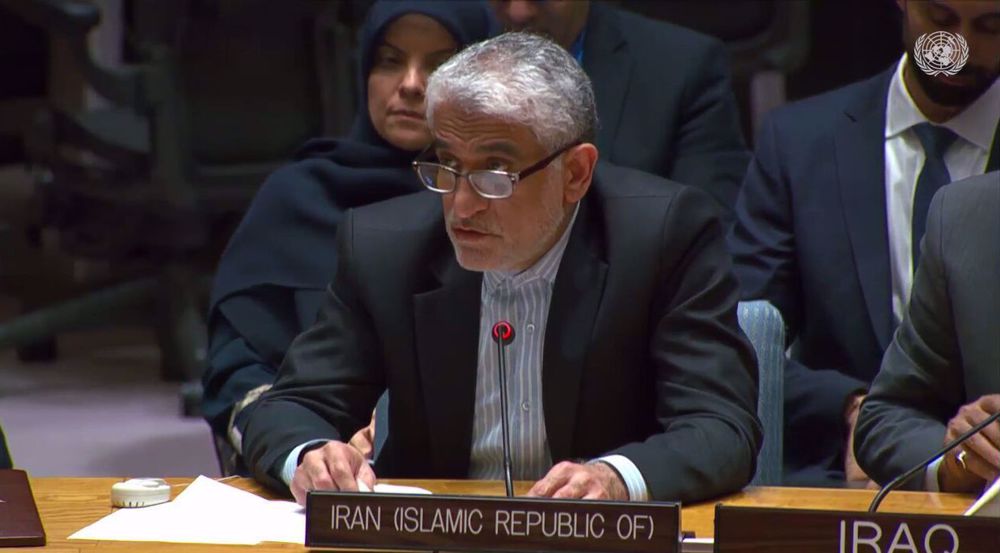
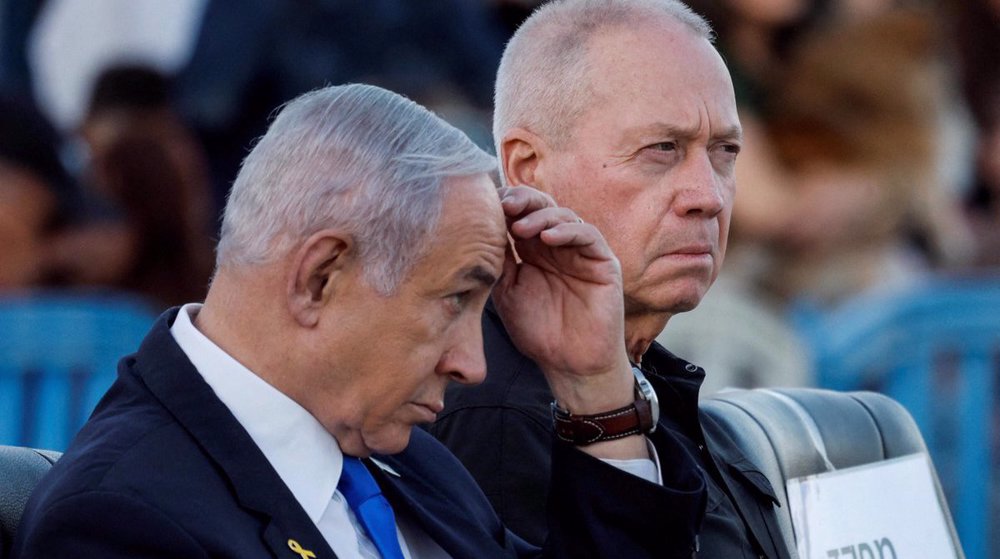
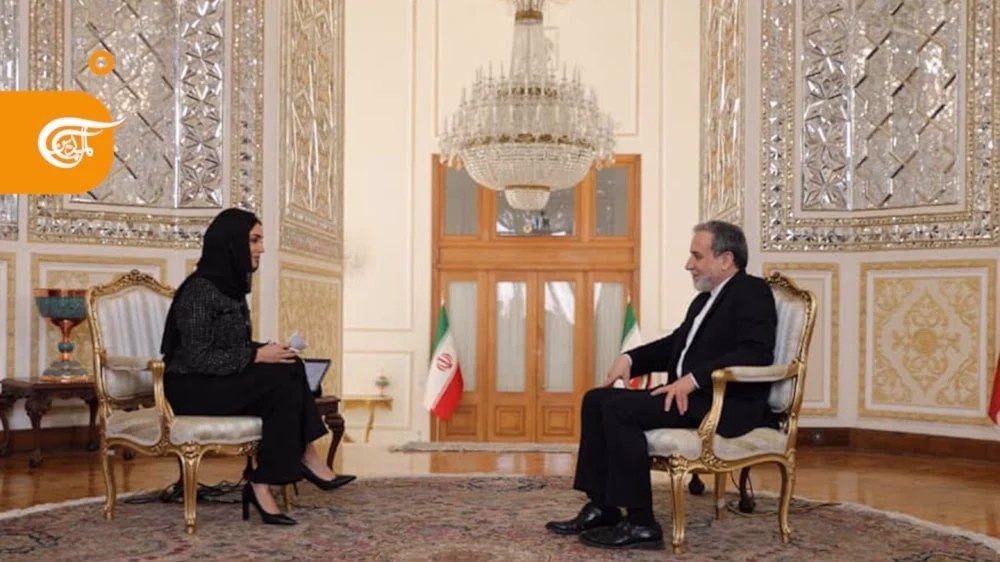



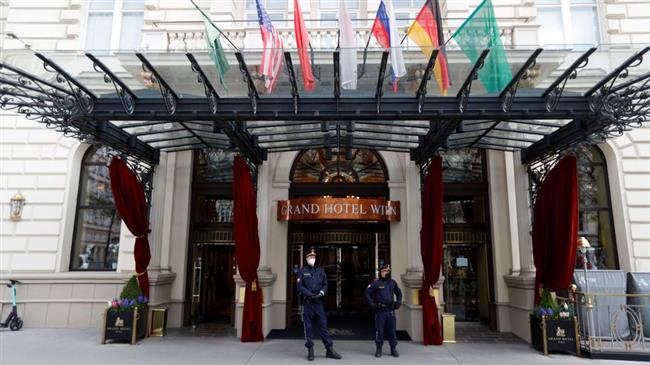
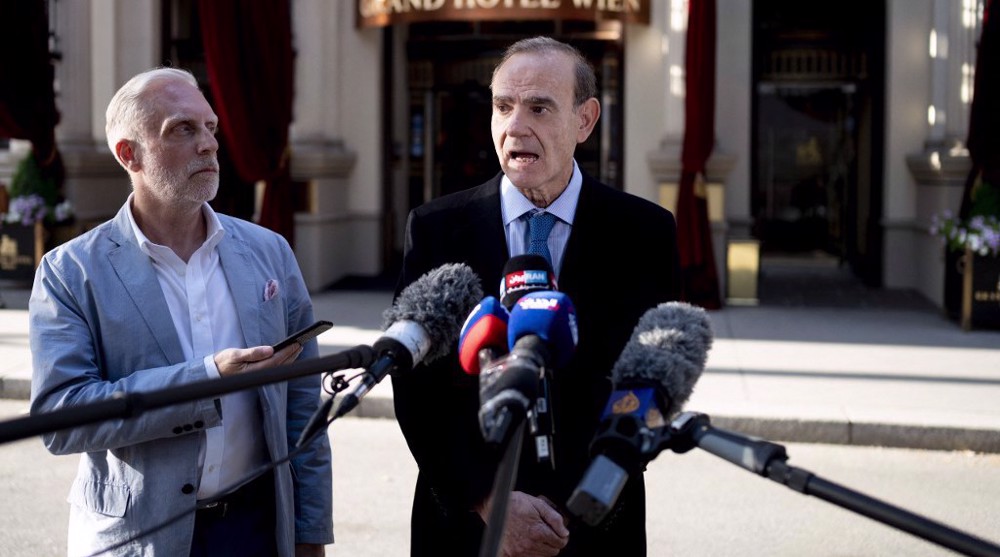
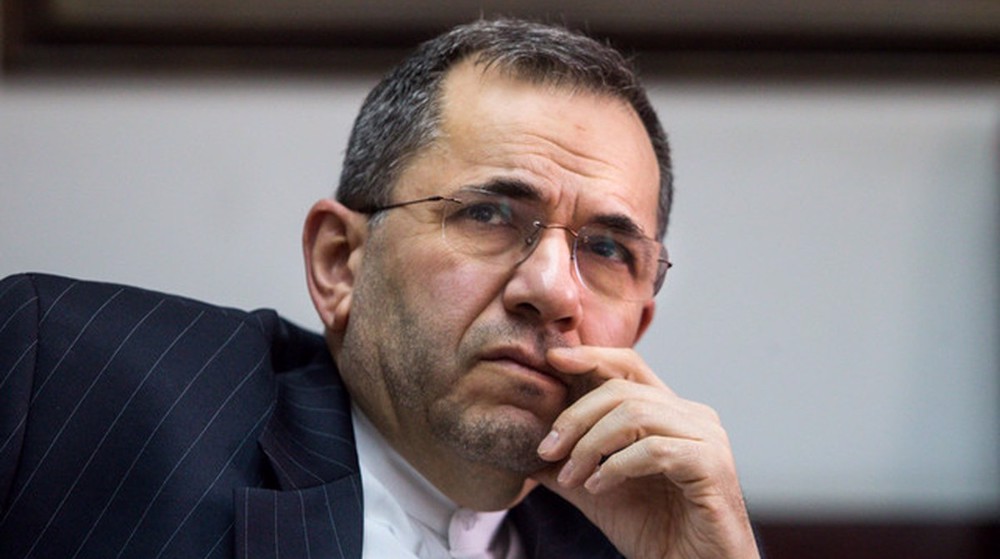


 This makes it easy to access the Press TV website
This makes it easy to access the Press TV website